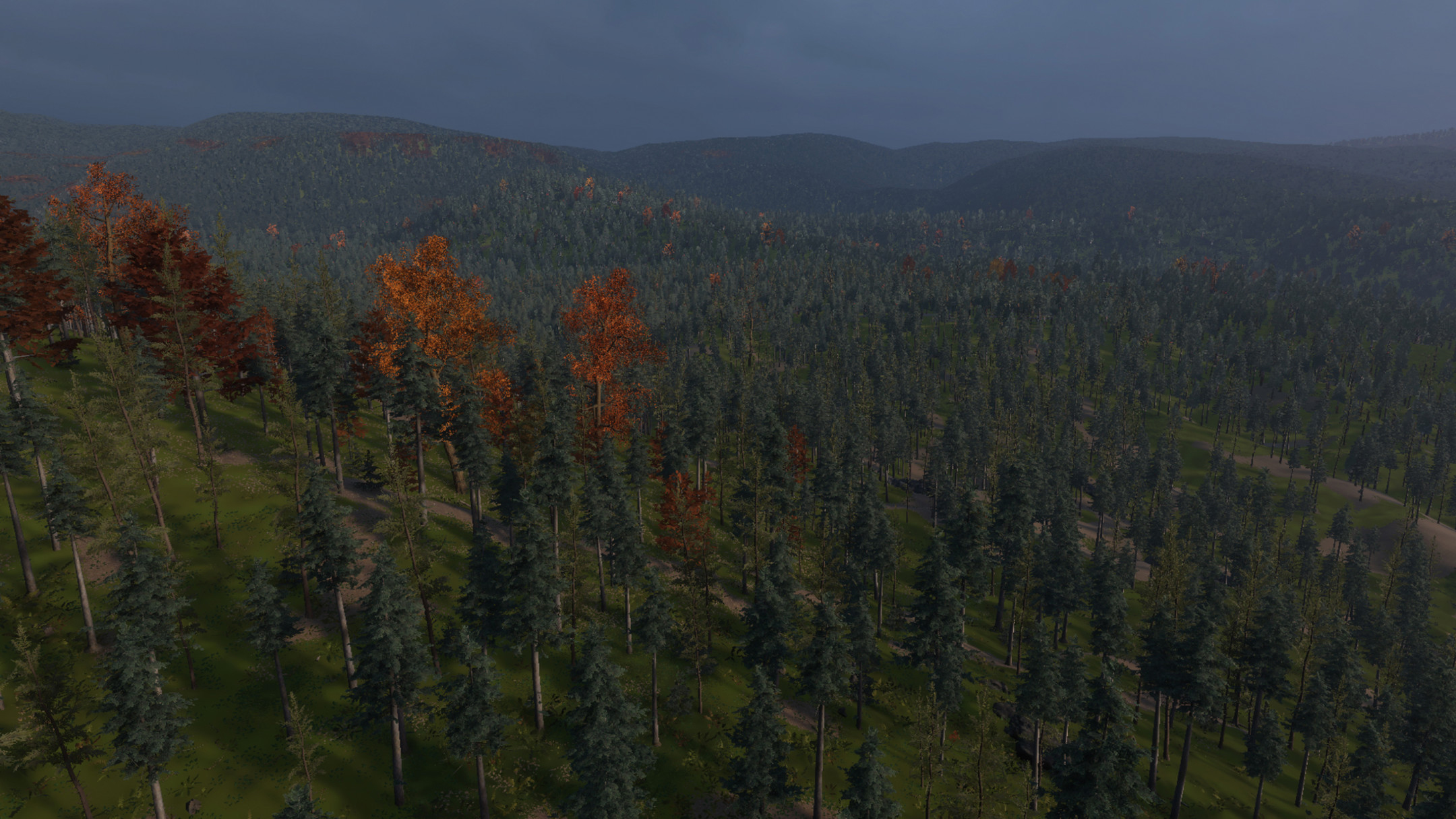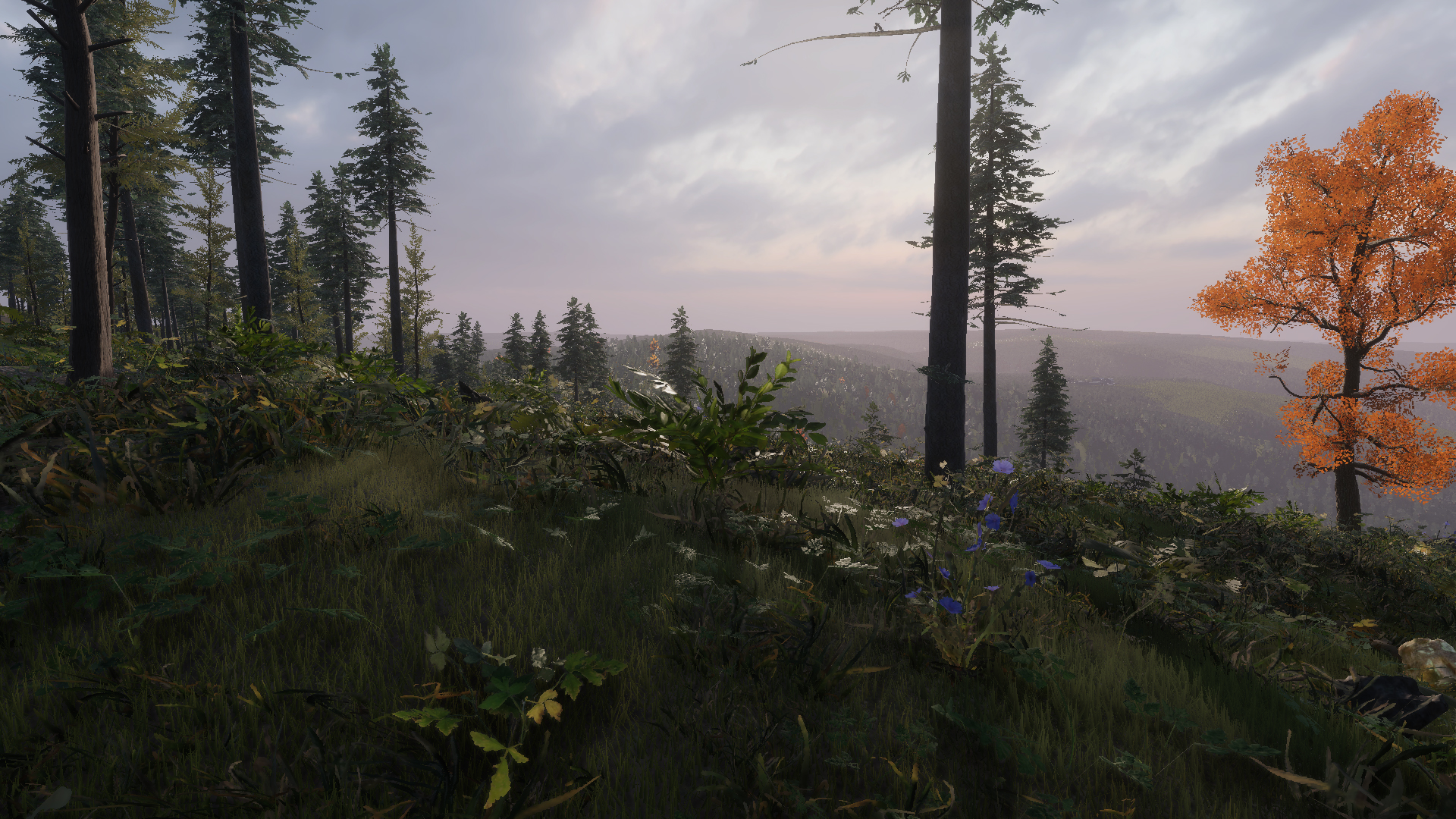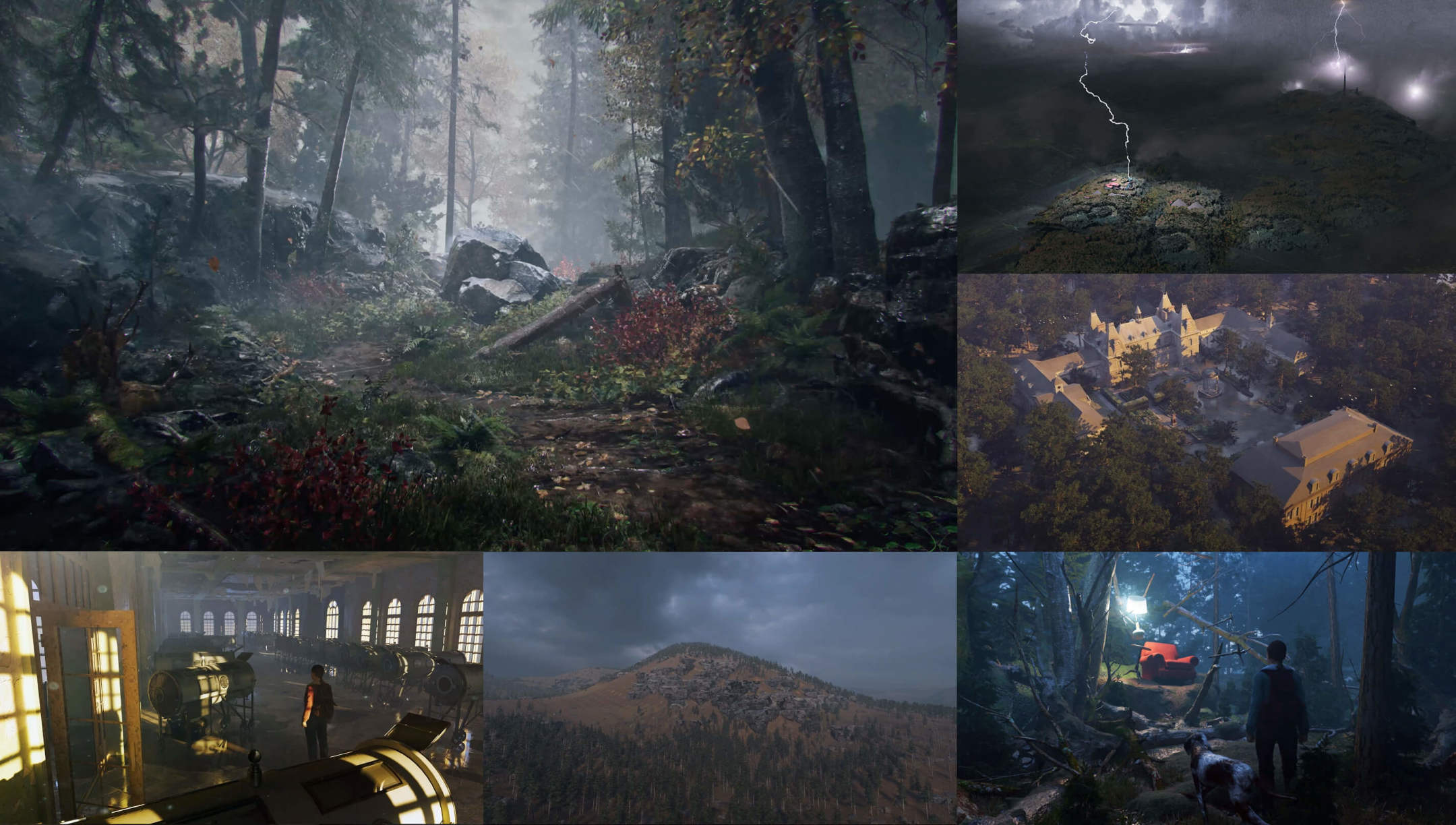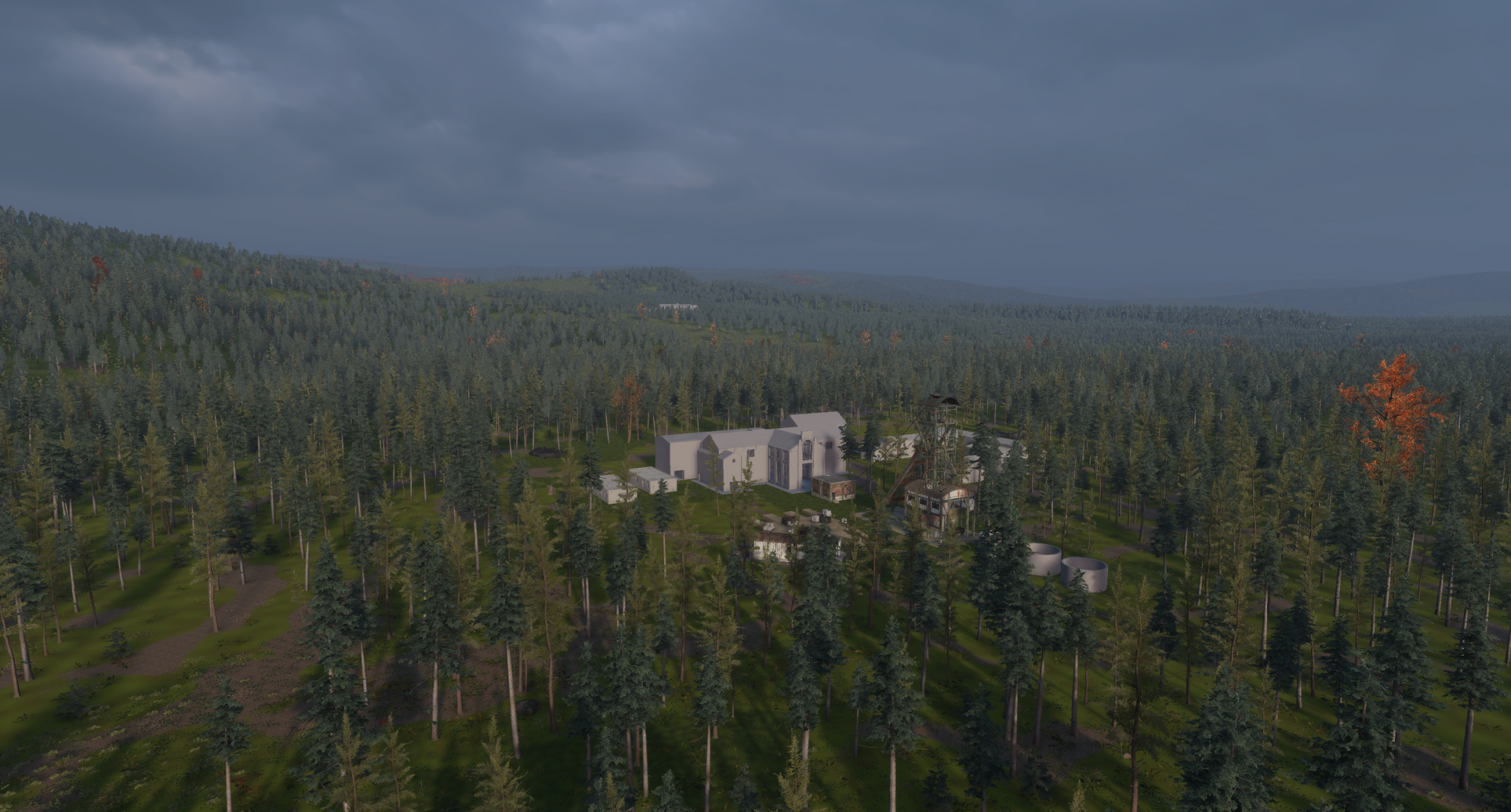I got to see PUBG creator Brendan Greene's next project: a digital world the size of a real planet
Greene is building a virtual planet called Project Artemis to act as "a big emergent space," but he doesn't want to dictate what players do with it.
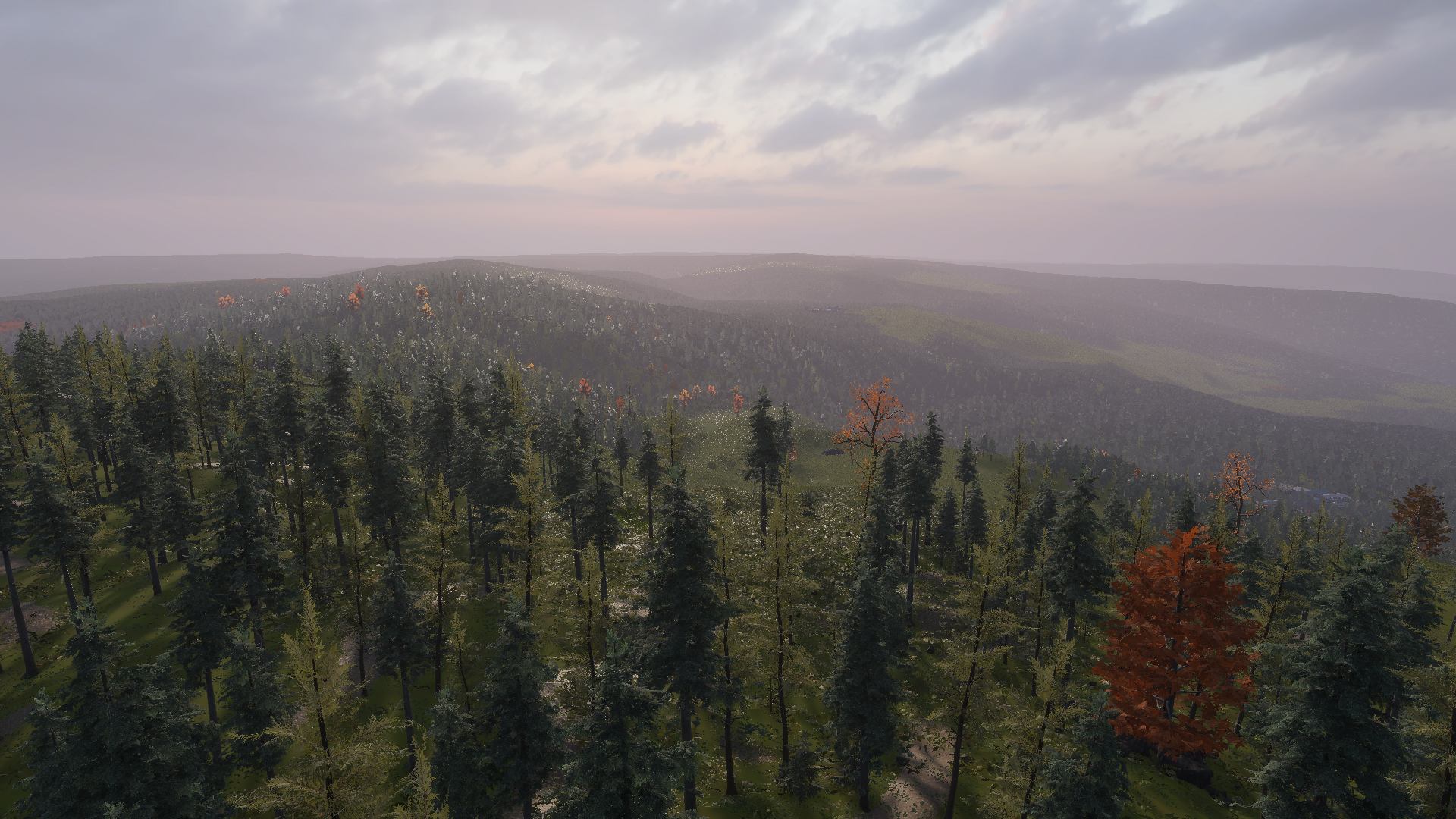
Keep up to date with the most important stories and the best deals, as picked by the PC Gamer team.
You are now subscribed
Your newsletter sign-up was successful
Want to add more newsletters?

Every Friday
GamesRadar+
Your weekly update on everything you could ever want to know about the games you already love, games we know you're going to love in the near future, and tales from the communities that surround them.

Every Thursday
GTA 6 O'clock
Our special GTA 6 newsletter, with breaking news, insider info, and rumor analysis from the award-winning GTA 6 O'clock experts.

Every Friday
Knowledge
From the creators of Edge: A weekly videogame industry newsletter with analysis from expert writers, guidance from professionals, and insight into what's on the horizon.

Every Thursday
The Setup
Hardware nerds unite, sign up to our free tech newsletter for a weekly digest of the hottest new tech, the latest gadgets on the test bench, and much more.

Every Wednesday
Switch 2 Spotlight
Sign up to our new Switch 2 newsletter, where we bring you the latest talking points on Nintendo's new console each week, bring you up to date on the news, and recommend what games to play.

Every Saturday
The Watchlist
Subscribe for a weekly digest of the movie and TV news that matters, direct to your inbox. From first-look trailers, interviews, reviews and explainers, we've got you covered.

Once a month
SFX
Get sneak previews, exclusive competitions and details of special events each month!
I'm meeting with Brendan "PlayerUnknown" Greene in San Francisco at the Game Developers Conference, where he's showing me an early build of the digital planet he and his team are creating. Project Artemis, as it's currently called, is not quite what I expected from the originator of battle royale institution PUBG, but it's hard not to be intrigued by the idea of a virtual world the size of the actual world.
Originally, Greene wanted to build a map that was 100 by 100 km. But making a map that big meant using procedural generation, so why stop there? "I just let myself go wild," he says. "Let's see how big we can go."
When Greene loads the build on his laptop (it's sporting a 3080 and running at 35 fps) we begin by looking at the planet from orbit. But then he flies the camera in closer.
A second later, seamlessly, the camera is hovering over the planet's surface looking at mountains, valleys, and hills, all procedurally generated. This older build he's showing me isn't photorealistic, but it's still impressive when Greene pulls the camera back up into space and then dives it down again for a closer look at the rendered planet.
Eventually, Greene wants Artemis to have fully simulated weather systems, wildlife, and of course, lots of players. What those players will do in this digital world, Greene claims, is entirely up to them.
A digital realm
"I don't want to classify it as a game," Greene says of Artemis. "I'm sure there will be gameplay elements. And we do have plans for a light survival exploration-type, life civilization game mode type thing—what else would you do with a massive world?"
I'm just all about creating these massive emergent spaces and trying to do it as big as I can.
Brendan Greene
Some of that survival and exploration will be available in Prologue, a much smaller, pay-what-you-want tech demo of Artemis. Greene plans to release Prologue in advance of the finished world, which his team is currently building its own engine called Melba to create. But when Artemis is complete, Greene doesn't want survival to be the only activity, or even the main activity, for players to take part in:
Keep up to date with the most important stories and the best deals, as picked by the PC Gamer team.
"If you just want to wander around the world, you can do that. If you want to go sit by a lake and read a book, you can do that, too. It's not meant to be targeted at one genre or one thing you do, there's going to be multiple ways to enjoy the world or have an experience in the world. It's more important to me to create the space than targeting one thing."
If that still sounds a bit vague, Greene describes his world in terms of Second Life, only on a much larger scale. It's "a big emergent space" where players can invent activities, explore and hunt, or work cooperatively to build a town or city together.
"I see us having AI helpers in the game," he says. "You [could] have a wood chopper, or a scientist, or a metal worker that you can show where the forest is. And then they go and run back and forth and get you wood. And maybe the more players you get in your civilization or your village, the town grows, the borders grow, you get more AI, this kind of fostering community, right? And I'm trying to see if we can do something like a massive life game mode."
But Greene doesn't want to set rules and dictate what players can do or how they should play Artemis—that part he wants to leave up to the players themselves.
The story of Artemis is that it's a digital place where humanity has to go to learn how to take back the earth.
Brendan Greene
"This is just what I would like to see. I don't want to force people to do this." He mentions Facepunch Studios' open world survival game Rust, where players raid each other but also use the game as a hangout space, personalize their bases, and decide how they want to spend their time. "There's a bunch of stuff you can do [in Rust]. Most people build bases and attack each other, but there's a bunch of other stuff that's possible within that. No one's telling you to do it a certain way. I'm just all about creating these massive emergent spaces and trying to do it as big as I can."
The wildlife simulation Greene is planning sounds as ambitious as everything else. "I want wildlife systems that have meaning. If you kill all the bears off in one region, there's gonna be a problem that you might have a deer explosion, this kind of dynamic system. I want a living, breathing world."
Past and future
While most of what I've seen of Artemis on the official site looks like it might be set in the past—the planet looks like an unblemished paradise of nature, green forests, and a few stately buildings—it's actually set centuries in the future.
"We have a lore to the world, why this world exists," he says. "I'm not going to reveal much of that."
One thing he will tell me is that even within the fiction of Artemis, the planet itself is a simulation. "The story of Artemis is that it's a digital place where humanity has to go to learn how to take back the earth." It's set, he says, roughly 500 years in the future and 300 years after humankind has last visited Earth, though he doesn't explain why humans have been gone for so long, or what happened that caused them to leave in the first place. Greene says he's planning several comic books that will explain more of the story, but like Prologue and Artemis, there's no indication of when those might be released.
Speaking of unknowns, there's plenty about Artemis that PlayerUnknown hasn't completely figured out yet, from how multiplayer will be managed ("the networking we'll probably use is peer to peer," he says) or how to handle the moderation of players.
"If we're building something like this, do I moderate it? Can I moderate it? I don't know yet. I think I have to. I think it's a moral obligation to make sure we can stamp out Nazis. But I'm not sure yet. I think I need to employ some people smarter than me to think about this," he says.
"I think it's important to create this kind of space, this kind of free digital space where people can go and create or not, or have reunions or not, or just do whatever they feel like and not have any kind of restraints. But it's a long way off."
Virtual real estate
I won't be selling land like most digital spaces.
Brendan Greene
To me, Artemis sounds almost like some version of the "metaverse" that NFT entrepreneurs and big gaming companies like Epic keep talking about, though Greene himself never uses that word.
"I won't be selling land like most digital spaces," Greene says. "If we're allowing people to claim land, you'll have to go there. You'll have to stake your claim, and maybe do some work and gather some resources to claim this piece for you."
Players, on the other hand, may be able to sell the land they've claimed "to the rich people that don't want to do the work" of claiming land themselves. That's one reason, as we learned last year, that Greene is considering using the blockchain for Artemis.
"I see blockchain or some version of it as, if we're building a decentralized world, which is what we're trying to do, it needs a financial layer," he says. "I think there are ways to use it that are beneficial, especially for decentralized finance. But yeah, I haven't made a decision. I just see it as an interesting concept."
He's also aware, however, that blockchain projects, especially in games, don't have the best reputation. "There are a bunch of scams," he says. "Don't get me wrong, I also see the terribleness of it all. But I think for certain purposes, it can work quite well."
As for when we'll get to set foot on the virtual planet, we don't yet know, but Greene says "we want to get players in early" to try out Prologue. "Once it's ready for testing, I want to get the streamers that have supported me, and others, to come in and test," he says. "Because this is going to be a world for everyone."

Chris started playing PC games in the 1980s, started writing about them in the early 2000s, and (finally) started getting paid to write about them in the late 2000s. Following a few years as a regular freelancer, PC Gamer hired him in 2014, probably so he'd stop emailing them asking for more work. Chris has a love-hate relationship with survival games and an unhealthy fascination with the inner lives of NPCs. He's also a fan of offbeat simulation games, mods, and ignoring storylines in RPGs so he can make up his own.
